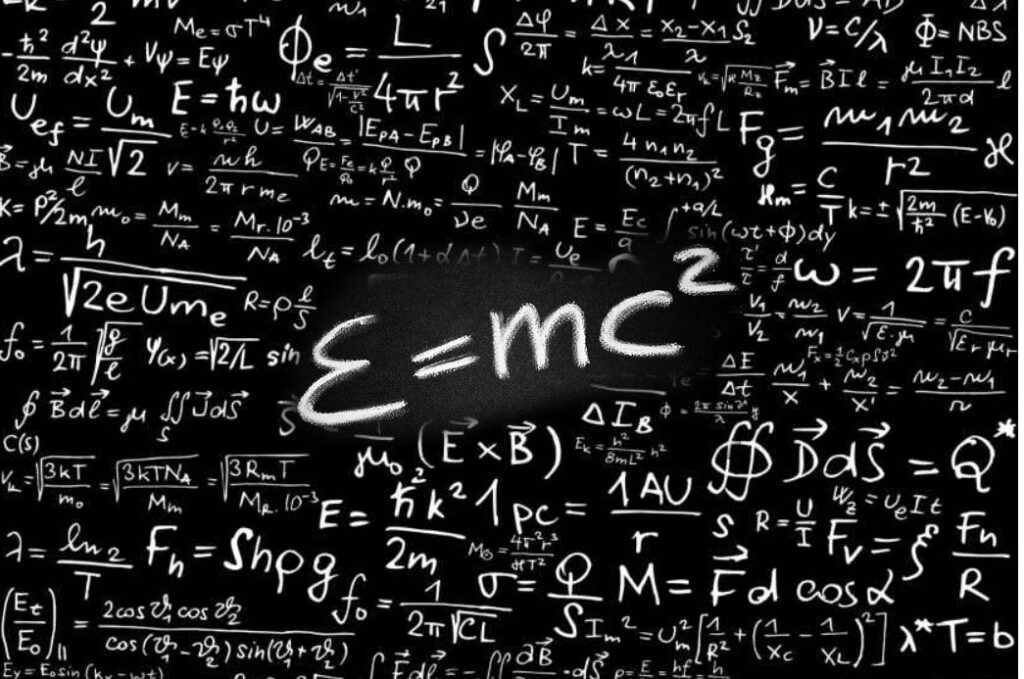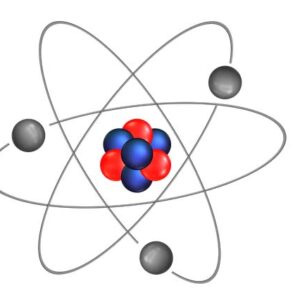
The natural science of physics is concerned with the study of matter, energy, motion and force. All other natural disciplines such as chemistry, geology and astronomy, are built upon it. Newton’s laws of motion, the rule of conservation of energy and mass and the theory of relativity are some of the fundamental tenets of physics.
Understanding natural events that take place in the universe, such as celestial body motion, the behaviour of subatomic particles and the characteristics of materials, is made possible by the study of physics. It also has a wide range of useful uses including the creation of cutting-edge technologies like semiconductors, lasers and medical imaging equipment.
Classical physics which deals with the macroscopic properties of matter and energy and quantum mechanics which deals with the properties of matter and energy at the atomic and subatomic level, are two areas of the wide and diverse discipline of physics.
Classical physics which comprises the study of mechanics, thermodynamics, electromagnetic and optics is the study of matter and energy on a macroscopic scale. The cornerstones of classical physics are Newton’s equations of motion and the law of conservation of energy and mass.
On the other side quantum mechanics is the study of energy and matter at the atomic and subatomic scale. It explains how particles such electrons and protons, behave and interact with energy. Wave-particle duality, Heisenberg’s uncertainty principle and the Schrödinger equation are all aspects of quantum mechanics.
Nuclear physics examines the characteristics of atomic nuclei, condensed matter physics examines the characteristics of solid and liquid matter and astrophysics analyses the attributes of celestial bodies and the universe in general.
Overall, physics is a crucial branch of science that aids in our understanding of the physical universe and has a wide range of real-world uses in technology, medicine and other fields.
There are a few additional fields of physics worth mentioning in addition to the ones I have listed.
Particle physics is one such field that examines the characteristics and interactions of subatomic particles including protons, neutrons and electrons. The study of the fundamental forces of nature, such as gravity, electromagnetism and the strong and weak nuclear forces, is also included in this discipline. Technology like particle accelerators and detectors have been developed as a result of particle physics which is essential to our knowledge of the cosmos.
Geophysics is a different area of physics that focuses on understanding the physical characteristics of the Earth and its surroundings. In addition to studying natural occurrences like earthquakes, volcanic activity and weather patterns, this also entails researching the structure, composition and dynamics of the Earth.
Another is biophysics which studies biological systems using the ideas and procedures of physics. This area of study covers a wide range of issues, such as the physical characteristics of biomolecules, the workings of brain networks and the mechanisms behind cell communication.
The discipline of medical physics which likewise uses physics to diagnose and treat illnesses, is another option. Medical physicists employ radiation therapy to cure cancer and other diseases as well as imaging methods like X-rays, MRI and ultrasound to produce detailed images of the human body.
Overall, physics is a broad and interdisciplinary discipline that includes a variety of branches, each with its own distinct set of fundamental ideas and practical applications.









